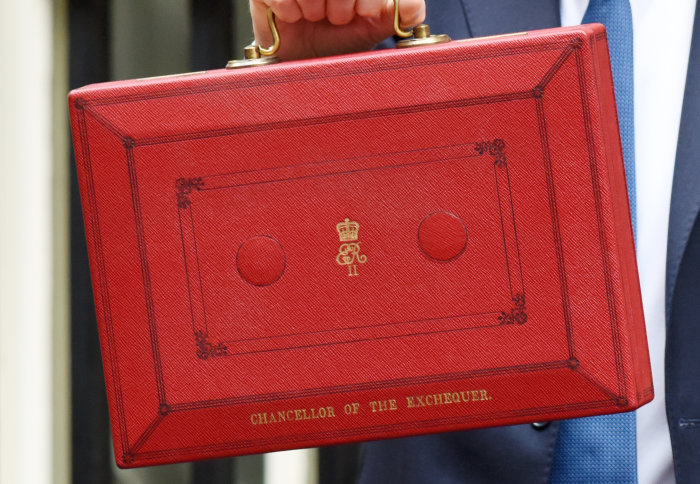In small limited companies or family owned businesses (known as close companies), often the directors spend personally on behalf of the company when the company’s own cash flow is tight. Conversely, the directors may transfer money out of the company or spend out of the company for personal expenses.
When the total funds taken from the company exceed the total amounts given to the company, which are in excess of their salary or allowable dividends, we end up with what is known as an overdrawn director’s account. This has tax consequences.
When the overdrawn balance is outstanding for 9 months and 1 day after the end of the accounting year, the tax payable is 32.5% on the full amount overdrawn. This is payable together with the corporation tax.
There may be a number of ways to avoid this, for example:
-by ensuring to claim all personal expenses incurred on behalf of the company;
-the director can pay funds into the company to clear the loan, subject to the anti-avoidance provisions;
-the company can declare a dividend to clear the loan balance;
-the director’s salary can be credited to the account to clear the loan balance;
-the company can pay a bonus to the director to clear the loan balance (personal tax will be payable on bonus)
For more information, feel free to contact A2Z Accounting by arranging a short, free of charge consultancy.













